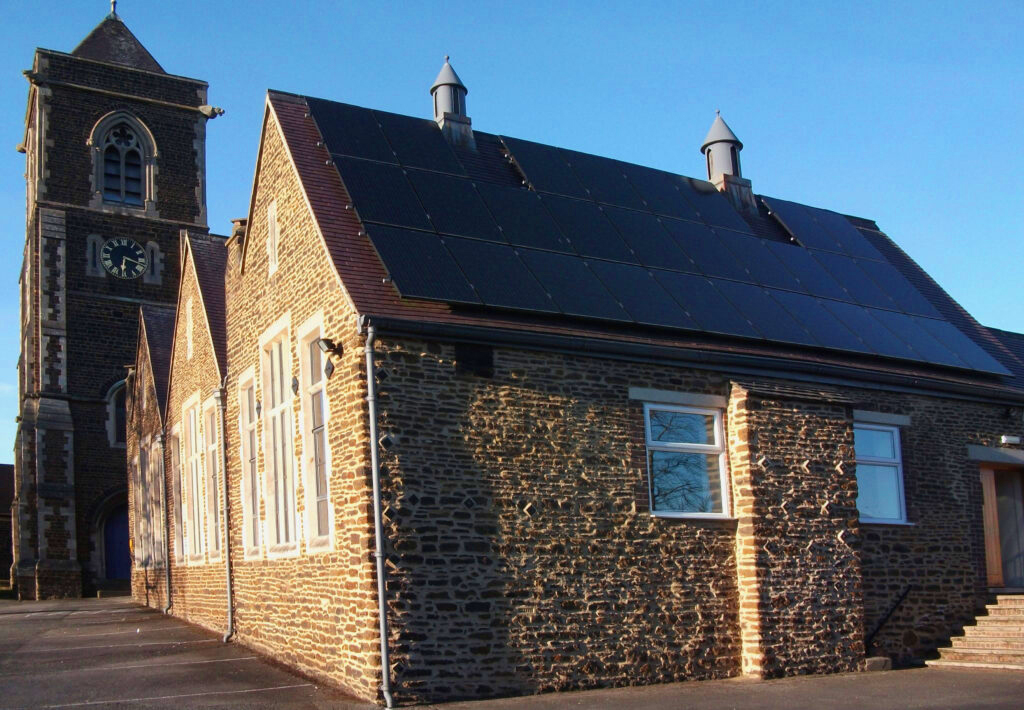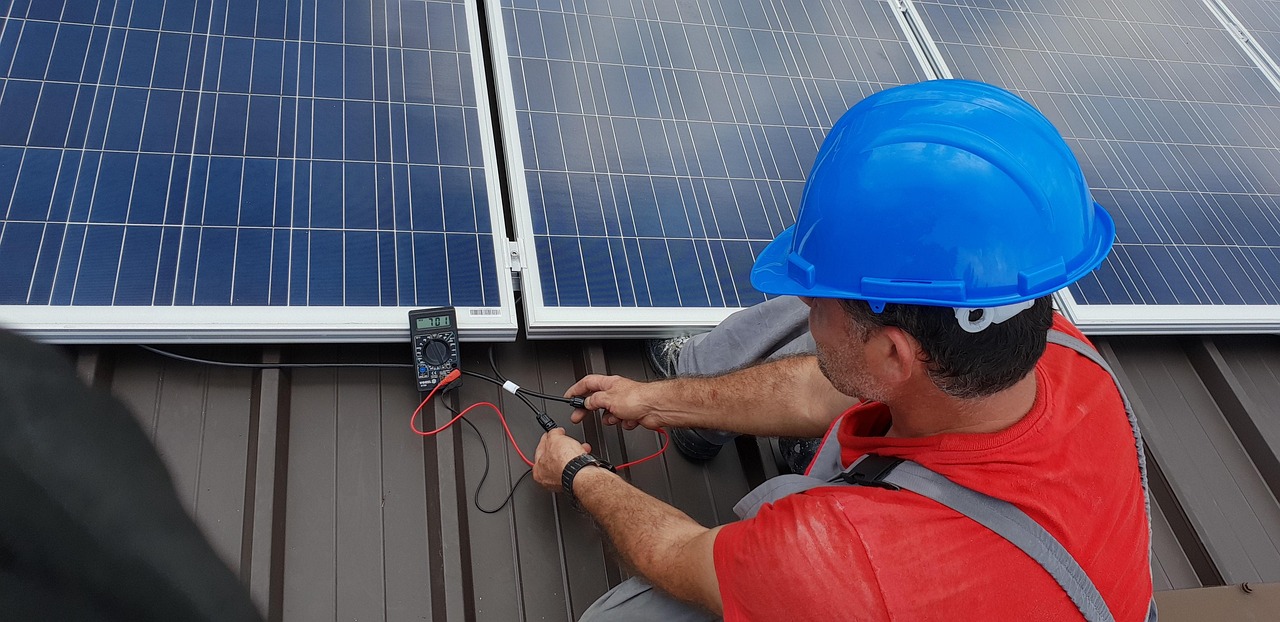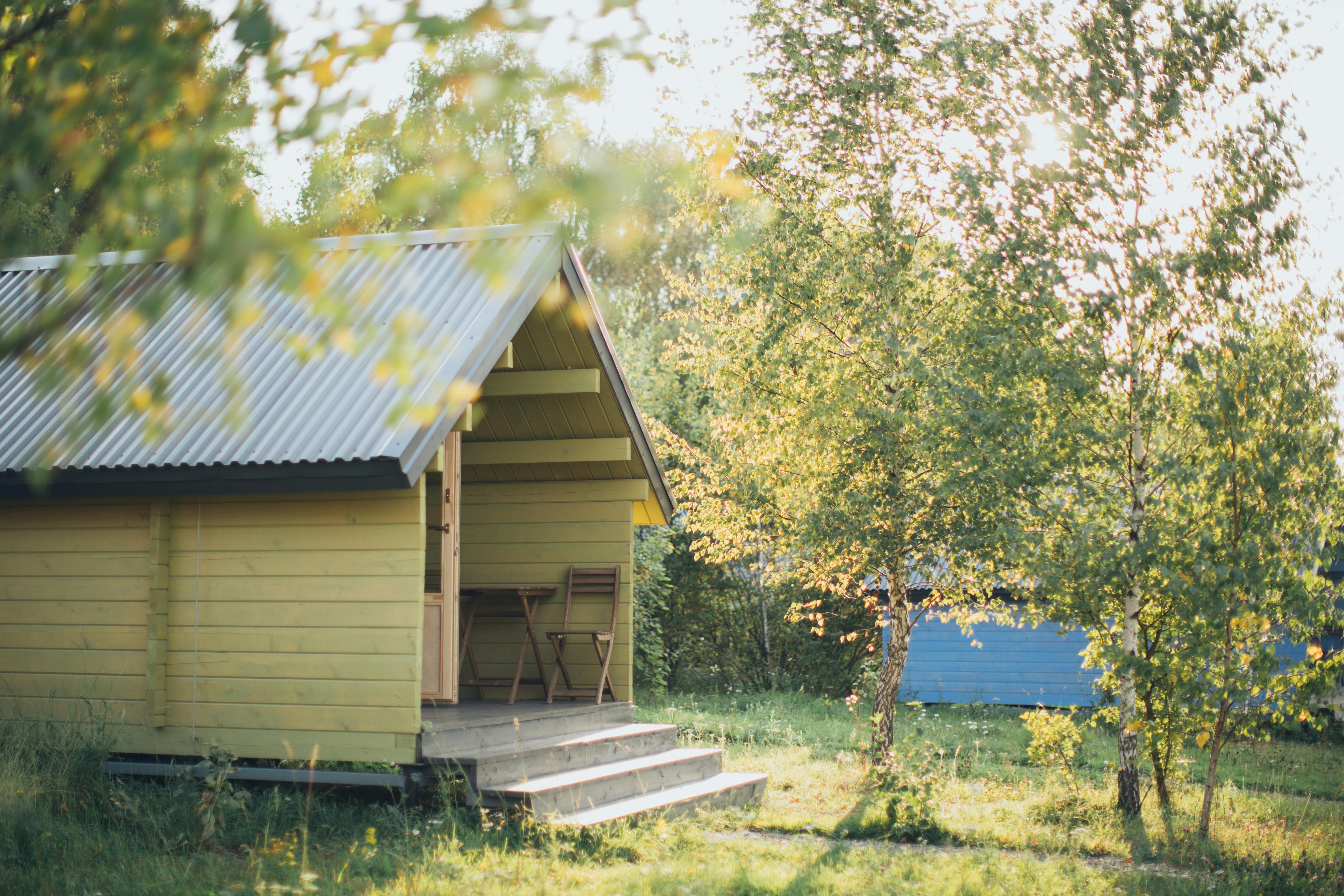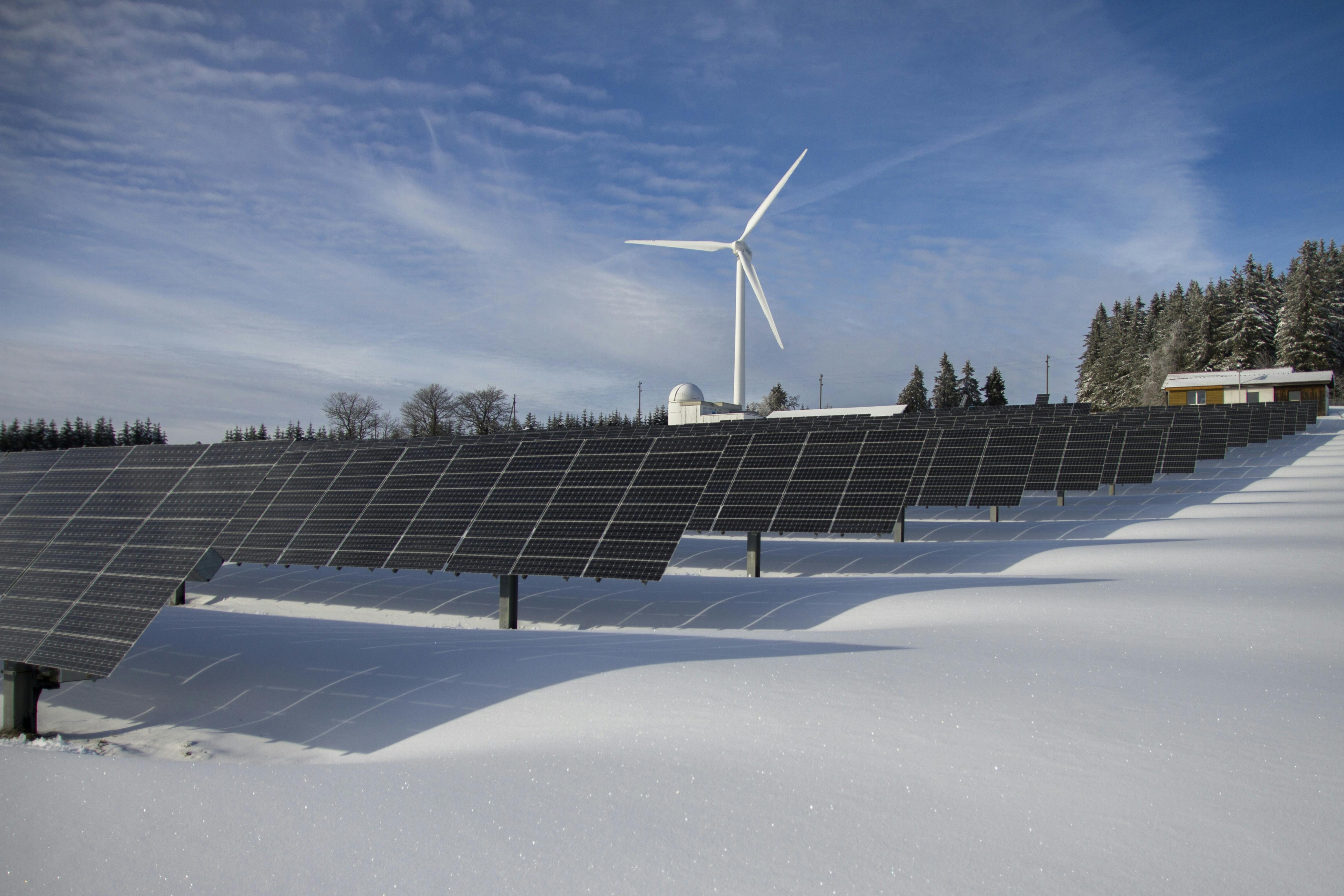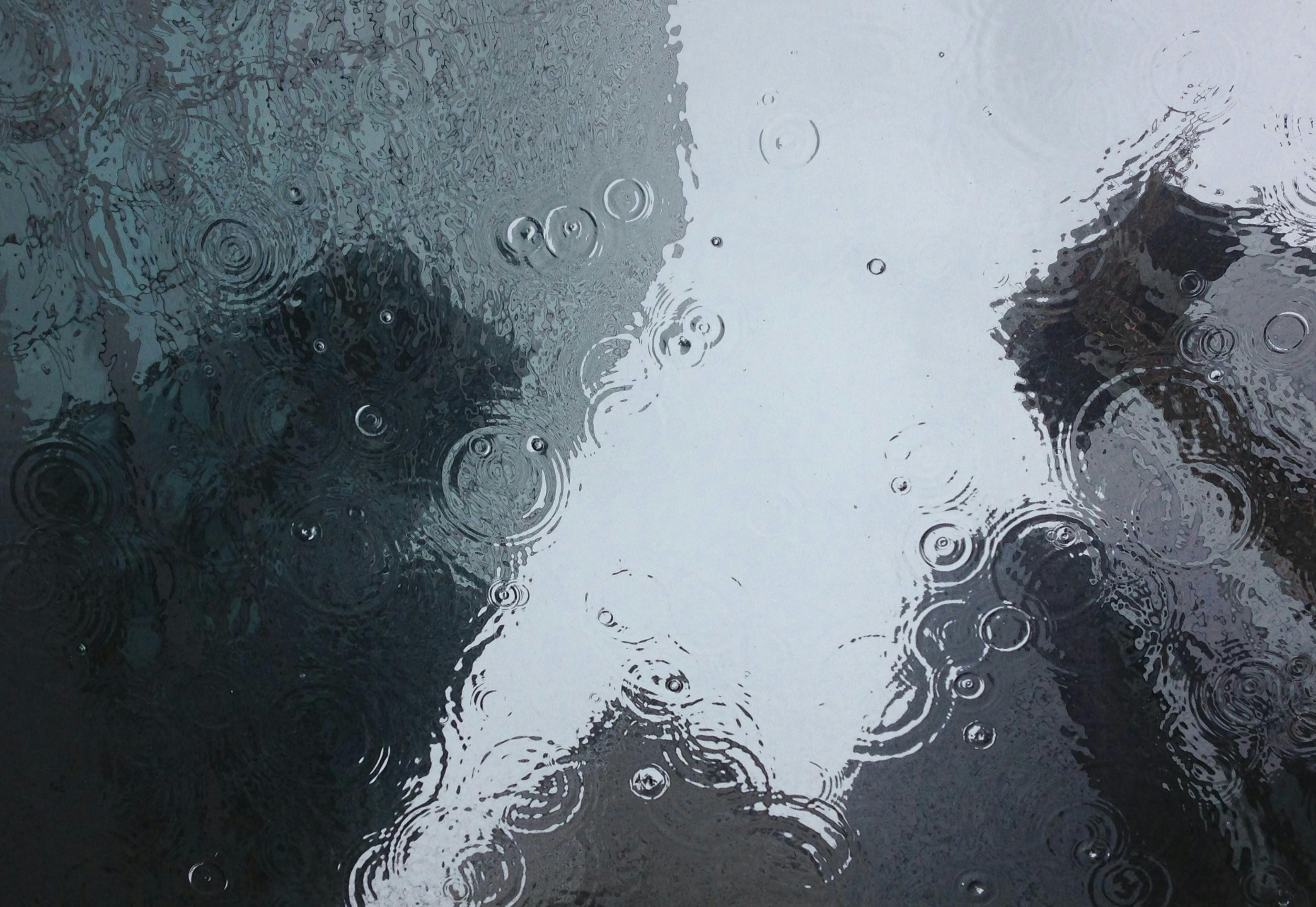How Many Solar Panels Does it Take to Heat a Pool?
Learn how many solar panels it takes to heat a pool efficiently, and discover the benefits, types, and costs of solar panels

How many solar panels does it take to heat a pool? The number depends on various factors, including the size of your pool, desired temperature increase, and local climate conditions. Heating a pool with solar panels is one of the most efficient and eco-friendly methods available. This renewable energy source not only reduces your carbon footprint but also offers long-term savings on energy bills.
In this article, we'll provide examples of how to calculate the number of solar panels needed based on your pool's specific needs. We will also explore how solar panels heat pools, the different types of solar panels available, and the benefits of using solar panels for pool heating.
Key Takeaways:
How Many Solar Panels to Heat my Pool?
According to SPATA, to successfully heat a pool with solar panels, the panel coverage must be at least 50% of the pool’s surface area. For example, if your pool has a surface area of 20 square metres, you would need a minimum of 10 square metres of solar panels. Increasing the number of panels beyond this baseline can further raise the desired pool temperature.
To calculate this yourself, the average domestic solar panel has a surface area of 2.02 square metres. Simply divide the needed surface area by 2.02 to get the number of panels required.
Take a look below to see common UK garden pool sizes and the amount of solar panels needed to heat them:
Pool Dimensions (m): 6 x 3
Pool Surface Area (sq m): 18
Solar Panel Area (sq m): 9
Number of Solar Panels: 5
Pool Dimensions (m): 8 x 4
Pool Surface Area (sq m): 32
Solar Panel Area (sq m): 16
Number of Solar Panels: 8
Pool Dimensions (m): 10 x 4
Pool Surface Area (sq m): 40
Solar Panel Area (sq m): 20
Number of Solar Panels: 10
Pool Dimensions (m): 11 x 4
Pool Surface Area (sq m): 44
Solar Panel Area (sq m): 22
Number of Solar Panels: 11
Pool Dimensions (m): 12 x 5
Pool Surface Area (sq m): 60
Solar Panel Area (sq m): 30
Number of Solar Panels: 15
For an exact estimate of how many solar panels you need to heat your specific pool, contact MakeMyHouseGreen for a professional consultation and personalised advice.
How Do Solar Panels Heat Pools?
Solar panels heat pools by circulating pool water through solar collectors, which absorb sunlight and convert it into heat. The pool water is pumped through a filter to remove debris, then into the solar collectors where it is heated by the sun. The heated water is then returned to the pool, gradually raising the overall water temperature. This process continues until the desired pool temperature is reached, providing an efficient and eco-friendly way to keep your pool warm.
Although we don’t provide these panels at MakeMyHouseGreen, by reaching out to us - we can assist you with calculating the energy you will require to successfully heat your pool with solar panels.
Are you interested in learning more about how solar panels work? Check out our linked guide.
Types of Solar Panels for Swimming Pools
Choosing the right type of solar panels is crucial for efficiency and performance. There are several types of solar panels designed specifically for pool heating, each with its own advantages and best use cases.
Unglazed Solar Collectors
Unglazed solar collectors are made from heavy-duty rubber or plastic and are the most common type used for pool heating. These panels do not have a glass covering, making them more affordable and durable in various weather conditions. They are particularly effective in warm climates and during the swimming season. Unglazed collectors are easy to install and require minimal maintenance, making them a popular choice for residential pools.
H3 Glazed Solar Collectors
Glazed solar collectors consist of copper tubing and an aluminium plate, all enclosed with an iron-tempered glass covering. These panels are more efficient than unglazed collectors because the glass covering helps to trap heat more effectively. Glazed collectors are suitable for colder climates and can be used year-round. However, they are more expensive than unglazed collectors and may require more maintenance to keep the glass clean and functioning optimally.
Evacuated Tube Solar Collectors
Evacuated tube solar collectors are the most advanced and efficient type of solar panels for pool heating. These collectors consist of a series of glass tubes, each containing an absorber tube that is surrounded by a vacuum. The vacuum helps to minimise heat loss, making these panels highly efficient even in cold and overcast conditions. Evacuated tube collectors are ideal for pools that require consistent heating throughout the year, but they come with a higher price tag and more complex installation requirements.
Comparison of Solar Panel Types
Type: Unglazed Solar Collectors
Material: Heavy-duty rubber/plastic
Efficiency: Moderate
Best Use Cases: Warm climates, seasonal use
Cost: Low
Type: Glazed Solar Collectors
Material: Copper tubing, aluminium plate, glass
Efficiency: High
Best Use Cases: Cold climates, year-round use
Cost: Moderate to High
Type: Evacuated Tube Collectors
Material: Glass tubes with vacuum
Efficiency: Very High
Best Use Cases: All climates, consistent heating
Cost: High
Factors Influencing the Number of Solar Panels
Several factors influence the number of solar panels required to heat your pool efficiently. Understanding these factors can help you make a more informed decision and ensure optimal heating performance.
Pool Size and Volume
The size and volume of your pool are primary factors in determining the number of solar panels needed. Larger pools with greater surface areas and volumes require more energy to heat, thus needing more solar panels to achieve and maintain the desired temperature.
Desired Temperature Increase
The amount by which you wish to increase the pool’s temperature affects the number of solar panels required. A higher temperature increase demands more energy, meaning more solar panels will be necessary to generate sufficient heat. Conversely, a smaller temperature increase requires fewer panels.
Climate and Sunlight Exposure
Your geographic location and local climate play a crucial role in solar panel efficiency. Areas with more sunlight hours and higher solar intensity will need fewer panels compared to regions with less sunlight.
The positioning of the panels to maximise sun exposure throughout the day also influences their effectiveness. Panels should be placed in areas free from shading to ensure they receive optimal sunlight.
Solar Panel Efficiency
The efficiency of the solar panels themselves impacts the number required. More efficient panels convert a greater amount of sunlight into usable energy, reducing the total number of panels needed. It's important to choose high-quality panels with good efficiency ratings to optimise your solar heating system.
Pool Usage Frequency
How often you use your pool can determine the heating requirements. Pools that are used frequently or year-round will need more consistent heating, requiring a greater number of solar panels. Conversely, if your pool usage is seasonal or occasional, you might manage with fewer panels.
Benefits of Using Solar Panels for Pool Heating
Using solar panels to heat your pool offers numerous advantages, making it a smart and sustainable choice for homeowners. Here are four key benefits:
Cost Savings
One of the most significant benefits is the long-term cost effectiveness of solar panels. While the initial investment in solar panels can be substantial, the ongoing operating costs are minimal. Solar energy is free, which means once the panels are installed, you can heat your pool without incurring high electricity or gas bills.
Environmental Benefits
Solar panels provide a renewable source of energy, significantly reducing your home’s carbon footprint. Traditional pool heating methods, such as gas or electric heaters, rely on fossil fuels, which contribute to greenhouse gas emissions and environmental degradation. By switching to solar energy, you reduce your reliance on non-renewable energy sources, promoting a cleaner and more sustainable environment.
Low Maintenance
Solar pool heating systems are generally low maintenance, which means you can enjoy a warm pool without the hassle of frequent upkeep. Solar panels have no moving parts, reducing the likelihood of mechanical failures.
Regular cleaning and occasional inspections are typically all that’s needed to keep the system running efficiently. The low maintenance of solar panels translates to lower long-term maintenance costs and less effort on your part.
Extended Pool Usage
Solar panels can extend your swimming season by maintaining a comfortable pool temperature for a longer period. With consistent heating, you can enjoy your pool earlier in the spring and later into the autumn. This extended usage not only maximises the return on your pool investment but also allows you to make the most out of your outdoor space.
Energy Independence
By using solar panels to heat your pool, you gain a measure of energy independence. You become less reliant on the grid and traditional energy sources, which can be subject to price fluctuations and supply issues. Solar energy provides a stable and predictable source of power, giving you greater control over your energy use and costs.
Final Thoughts
Heating your pool with solar panels is an efficient, eco-friendly, and cost-effective solution. By understanding how solar panels work, the types available, and how many panels you need, you can make an informed decision that best suits your pool heating needs. Solar panels not only help you save on energy costs but also reduce your carbon footprint, contributing to a more sustainable environment.
For personalised advice, contact MakeMyHouseGreen. Our experts can provide tailored assessments and calculations of your pool heating needs.
Recommended Articles:
- Can Solar Panels be Installed on a Slate Roof?
- How Much Do Solar Panels Cost In the UK?
- How Much Energy Do Solar Panels Produce?
Ready to see what you can save?
Our solar calculator is 100% free to use. Enter your postcode below to get started.

Based on 400+ Trustpilot reviews

